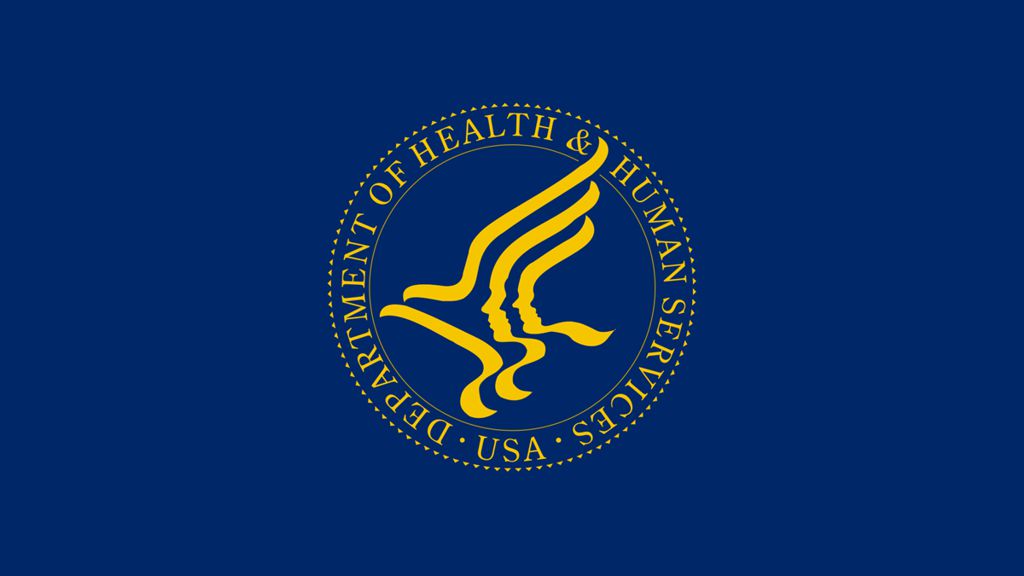The more than 4,000-page, $1.7 trillion “omnibus” government funding bill that President Joe Biden has vowed to sign into law includes around $16 billion in pet projects known as “earmarks” whose supporters see as a way for lawmakers to better serve the needs of their constituents but whose detractors often deride as corrupt and wasteful.
Earmarks are provisions in legislation that set aside funds for specific projects or programs, typically for the benefit of a particular locality or group.
The omnibus appropriations bill’s 7,200-plus earmarks, formally known as Community Project Funding items, include $750,000 for Gender Non-Conforming Housing in New York (pdf), $1 million for the Rock and Roll Hall of Fame and Museum in Ohio (pdf), $3.6 million for a Michelle Obama Trail in Georgia (pdf), and $5 million for a salmon reintroduction project in Washington state (pdf).
The $1.7 trillion bill was approved by the Senate on a bipartisan vote of 68–29, with the support of 18 of the 50 Senate Republicans, including Senate Minority Leader Mitch McConnell (R-Ky.).
Just nine of the 213 House Republicans backed it, as the House passed the measure on a 225 to 201 vote; one Democrat, Rep. Alexandria Ocasio-Cortez (D-N.Y.), voted “no.” Rep. Kevin McCarthy (R-Calif.), the GOP House leader, vehemently opposed the bill, calling its passage “one of the most shameful acts” he had ever seen in Congress.
Biden hailed the omnibus bill’s passage in a post on Twitter, calling it “great news for our economy, capping off a year of historic bipartisan progress for the American people.”
“This bill is proof that Republicans and Democrats can come together to deliver for families. I’m ready to sign it into law,” the president said.
Debate Over Earmarks
There’s an ongoing debate about the use of earmarks in legislative decision-making, with some arguing they’re an effective way to fund local projects, especially when those projects might not get funded through the normal appropriations process.
By Tom Ozimek






